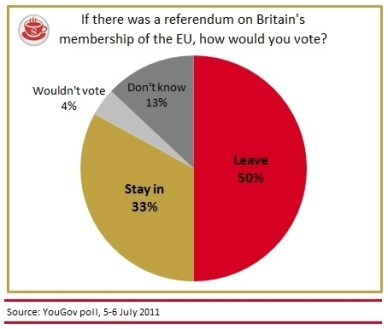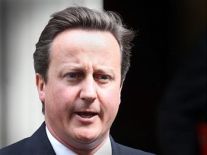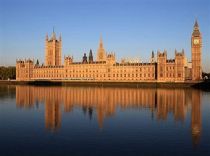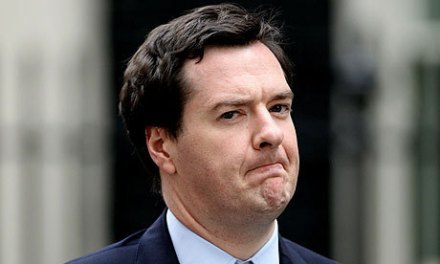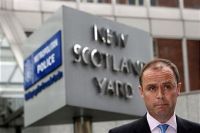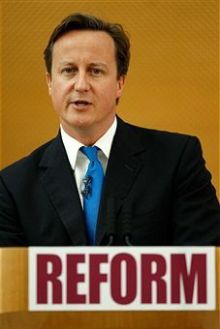Britain’s euroscepticism hardens
With the European financial crisis rumbling on, anti-EU sentiment in Britain is deepening. Two polls — one by YouGov for PoliticsHome and the other by Angus Reid — show that 50 per cent of the public would vote for Britain to leave the EU if there was a referendum. Of course, this is nothing new. Brits have long been the most eurosceptic of Europeans, as Fraser noted a couple of months ago. In fact, we’re the only country where more people think our membership of the EU is bad than think it’s good: The hardening of eurosceptic sentiment does seem to be due to current events: 34 per cent
